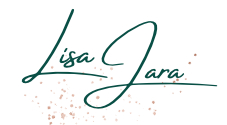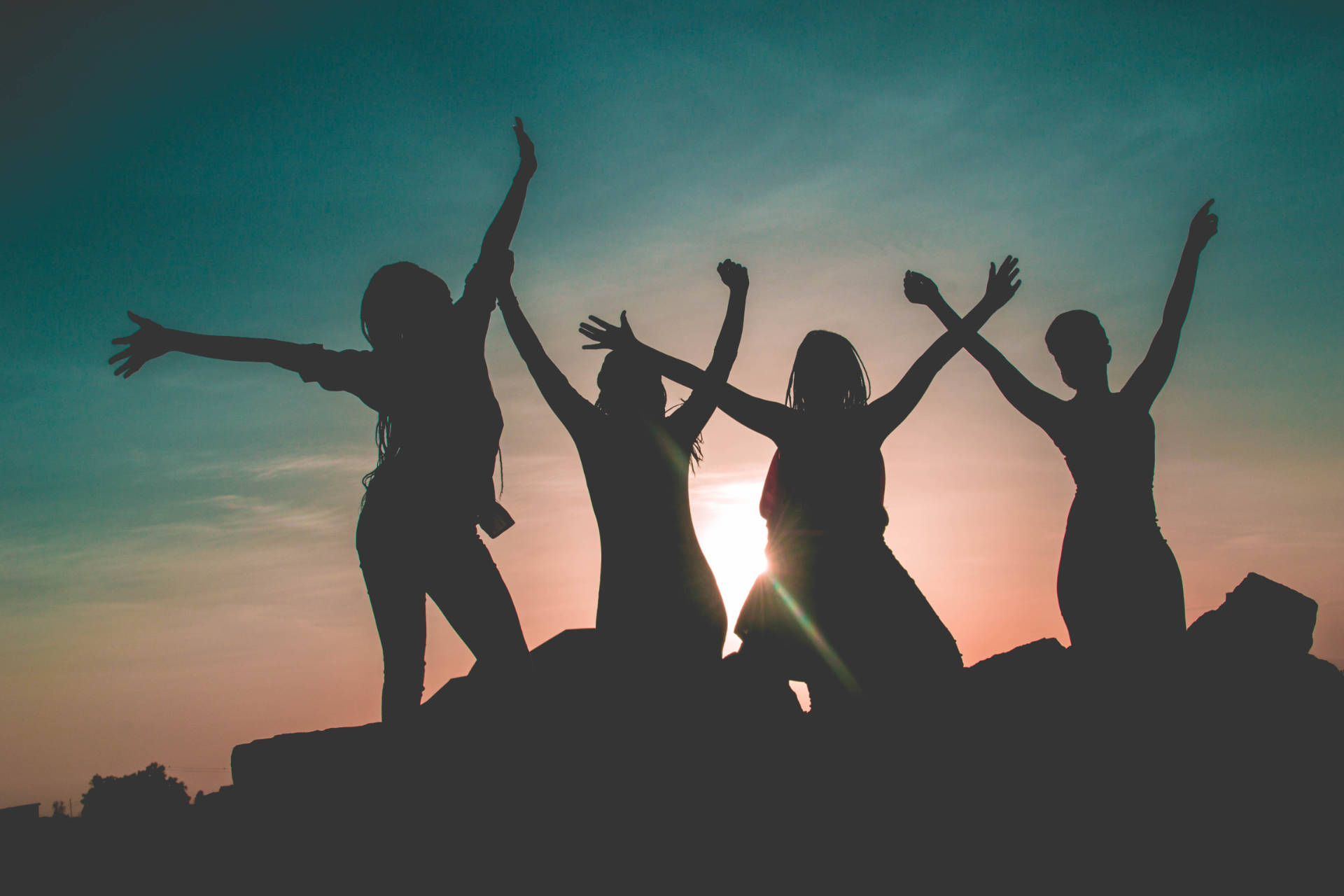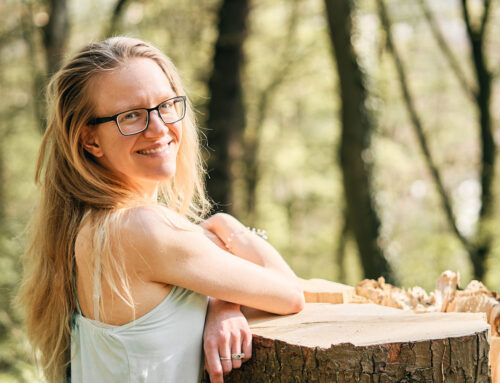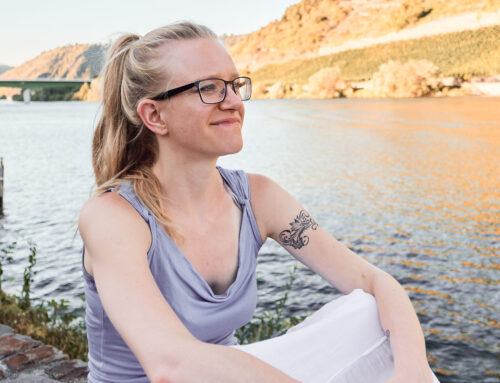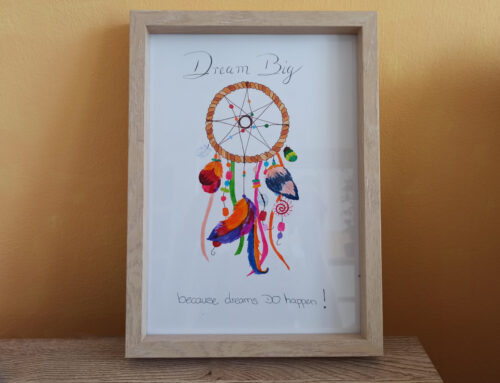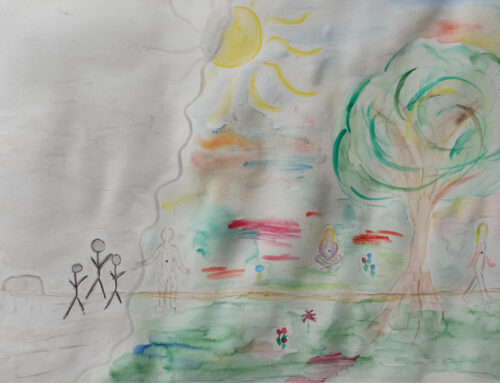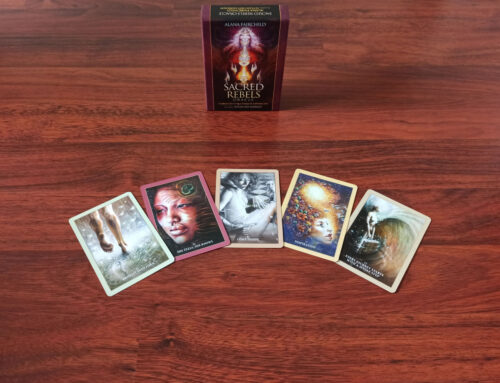Why she inspires me
I met Hilda through my job in project finance for a women’s rights organisation that supports women who have experienced and survived sexualised violence in regions of war and conflict. Hilda had founded the Ugandan women’s rights organisation MEMPROW that my organisation had partenered up with.
She came to Germany for a training in feminist leadership and I was immediately in awe of her fierce stance on things as well as her gentleness in bringing this topic into the world. In a short introduction she gave about herself, I’ve learned lessons that have stayed with me to this day, that have shaped my understanding of feminism and feminist leadership and that I try to follow as best I can.
Although she described herself as “a feminist, no if’s, not but’s”, she explained that she would never speak about “feminism” or the “patriarchy” to people she doesn’t know well without first describing what it means; especially if she wants them to listen to her. Because a) this often brings people up immediately into defense, as they feel threatened and b) the situation is far more complicated than these two terms could describe.
That’s definitely a lesson I still need to incorporate into my language and life more ;-)
The most impressive piece of her speach was this, though:
“Be enraged, but don’t act enraged!”
If you speak and act from a place of anger, agitation, hysteria (although I understand that this term in itself has been used as a means to subdue women!) or stiffness/stubbornness, people will not be inclined to listen to you, try to follow and understand your point of view, let alone think about if and how it applies to them. If you come from that place of being enraged openly, people will often take whatever you say (and however much sense it may make) as an attack, a threat, and brace themselves inwardly to either defend or strike back. No real and fruitful conversation can come from this.
Hilda’s advice: Use humour if you can, because that relaxes the situation. You need to stay calm and use some well-directed questions, that gets them to reflect on themselves and their behaviour and maybe, just maybe, even make them reconsider and change their attitude or behaviour.
5 Questions for Hilda
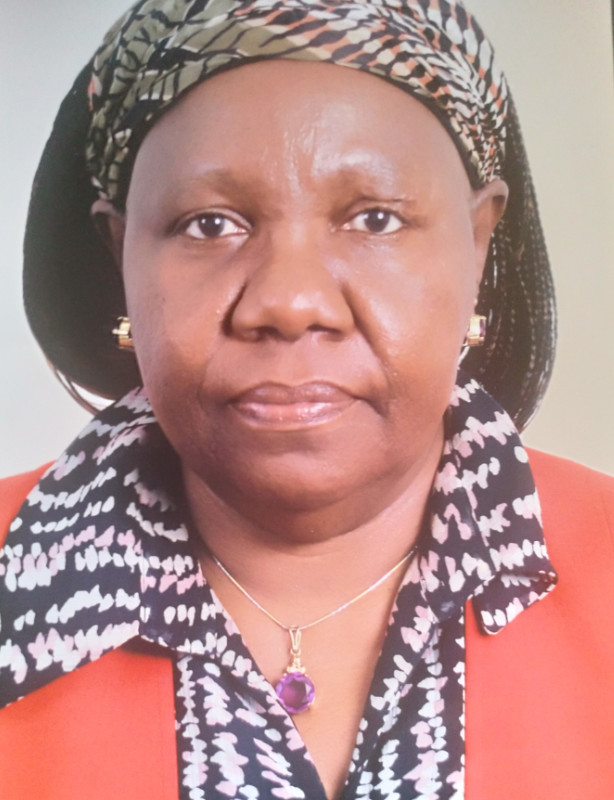
What is/was your journey?
I could probably break my journey into several phases:
Phase one could be called the “growing up and setting goals” phase. My goal was to be a great student; especially when I got into my secondary education I saw this as the preparation for an independent life. At my time of early schooling in the 50’s and 60’s, if you failed academically you were likely to be married off immediately. I was propelled by my parents who believed that even girls deserved to have an independent life. Needless to say, this phase up until university was driven by the ambition to make my parents proud. Excelling at Makerere University with the first “First Class Degree in Sociology” at my University, then going on to Cambridge University England for a second degree and then to Minnesota University for my Ph.D. sealed my first phase, but was the introduction to my second phase journey.
This was a phase of a great career, starting as University teacher, a trainer in organisational management at the subregional level of Eastern and Southern Africa and retiring after working at the African continental level. All this was propelled by a great education where I specialised in gender studies at a time in the early 1980s when not many people were in this field. My career life was woven with a great family life in which my husband and I were equal partners with shared feminist core values of personal agency, voice and independence.
What are you passionate about/what lights you up?
I am passionate about girls’ and women’s right to an independent life and every time I meet or support a women with voice and agency I feel like the world is a great place to be.
How do you try to make a difference?
I have worked with women and girls most of my feminist journey; encouraging them to be the best they can be, and not settle with other people’s definition of who they should. I have not worked on this as a single person, but have also put institutional mechanisms for advocating women’s rights and empowering girls and young women into place. In Uganda, I started 2 organisations: one in 1985 for advocating women’s rights and another one in 2007 for mentoring girls and young women for an independent life. Both organisations are still standing strong today. I learned early from my mother that you cannot make a difference on scale if you work alone.
In my jouney, I also learned that that there are many women who do great work, sacrificing almost everything to power other women – but they or their organisations have no access to resources. I decided with two other women to start an organization in 2001 that would give these women access to resources. I believe through the African Women’s’ Development Fund, a vibrant fundraising and grantmaking organisation, I am making a difference at continental level.
What was your biggest lesson to learn?
I have learned that hard work, consistency and building trust with people pays.
What is your message to everyone out there?
Ultimately, we are all human beings no less or more equal than another.
